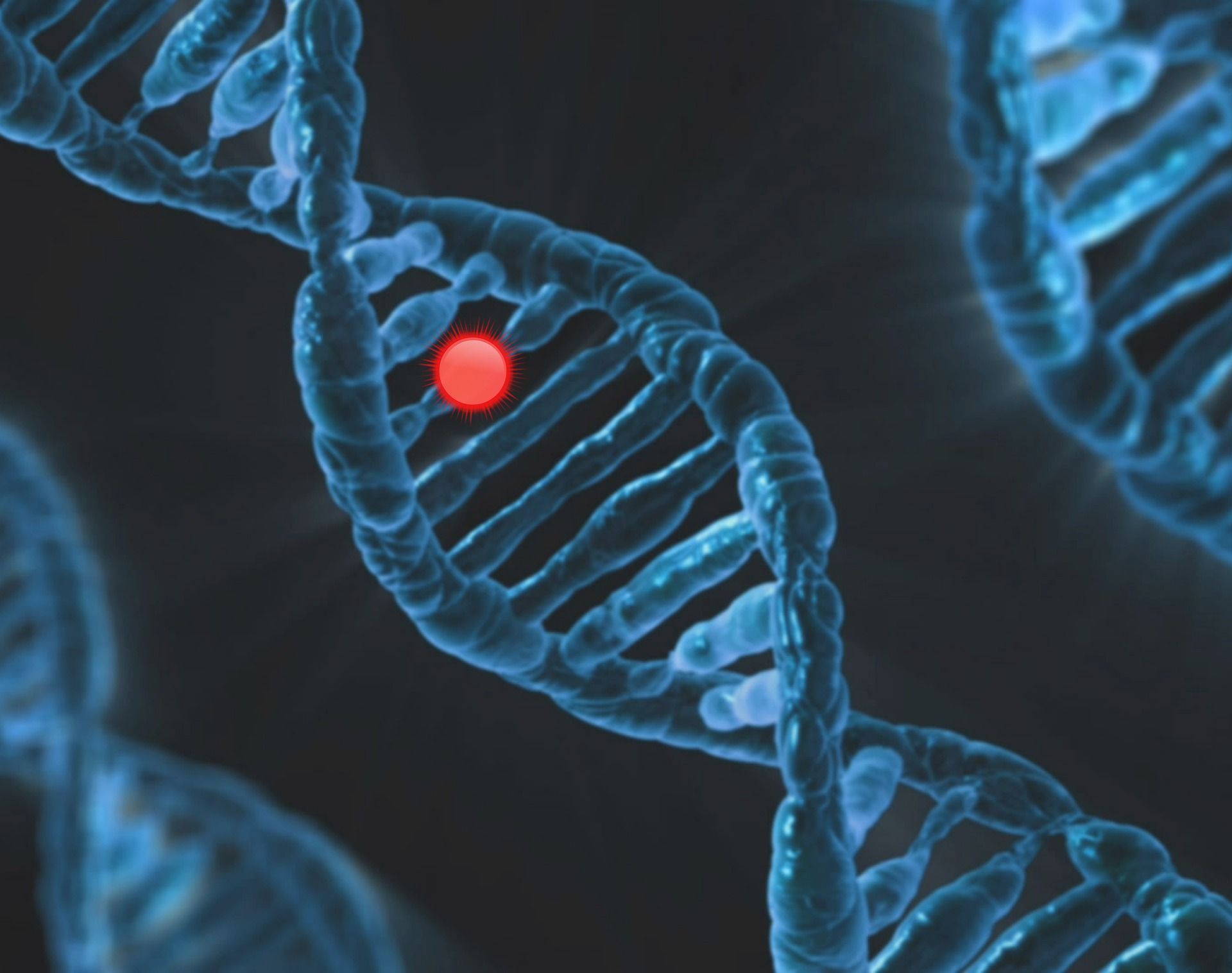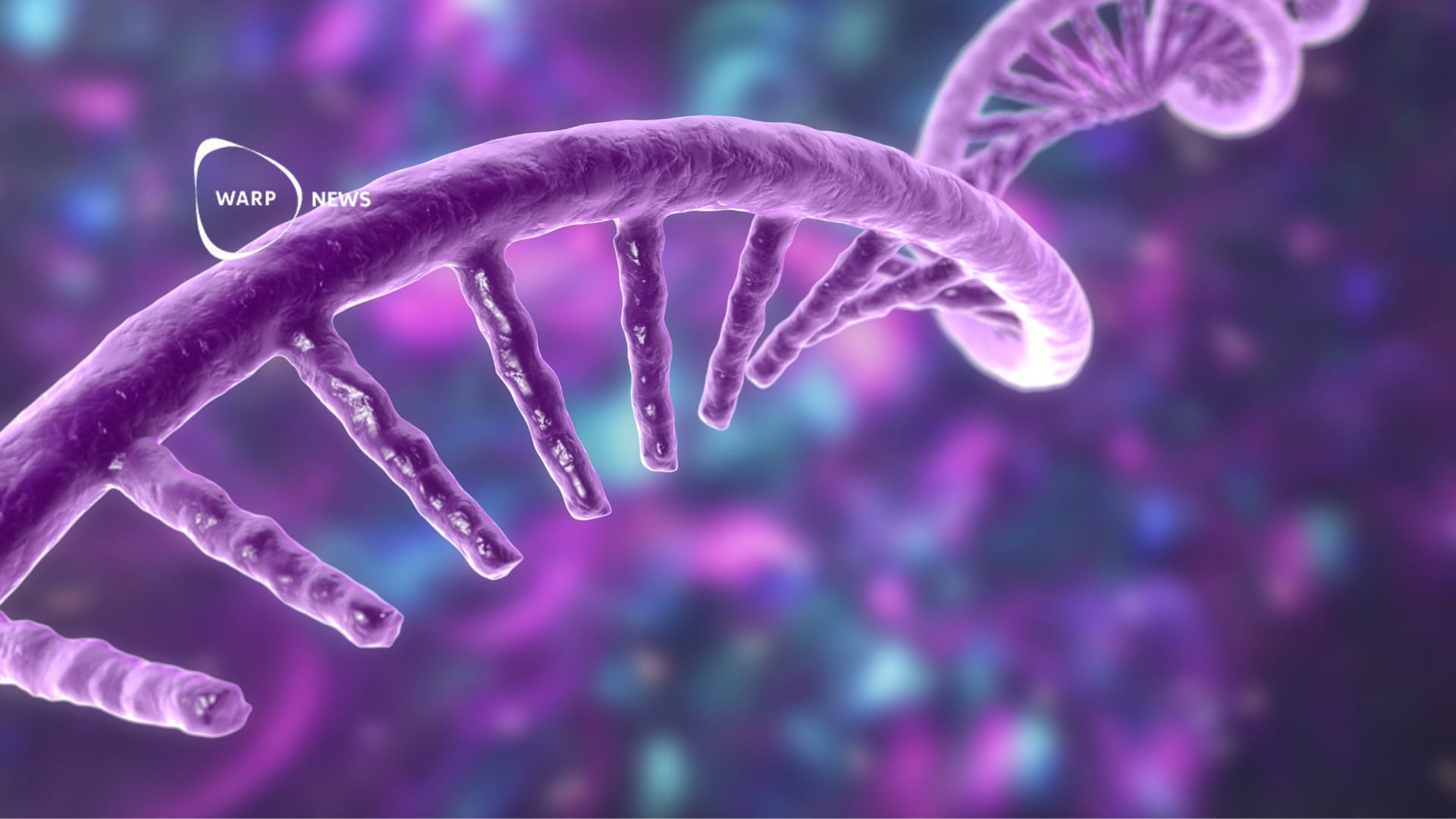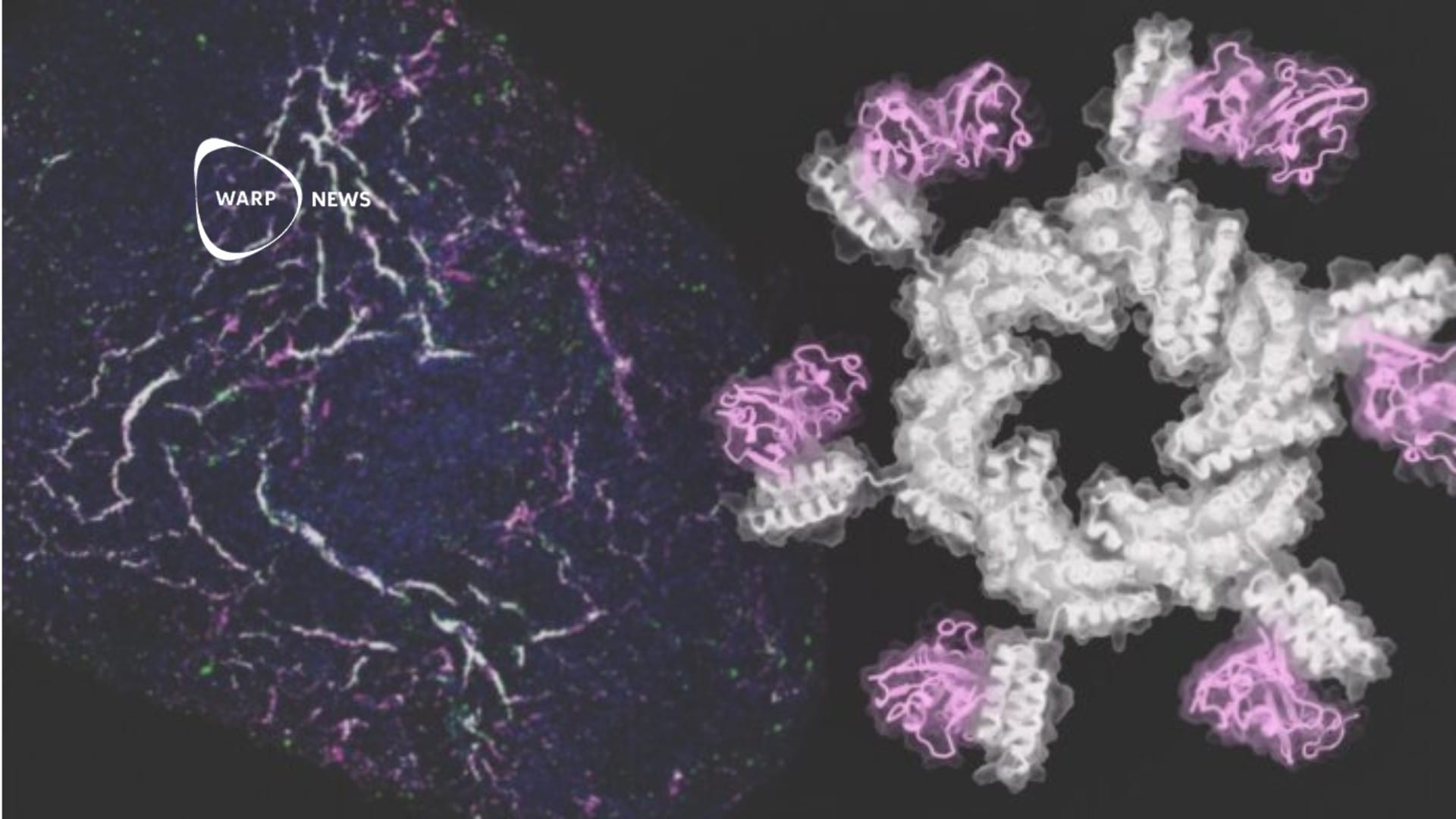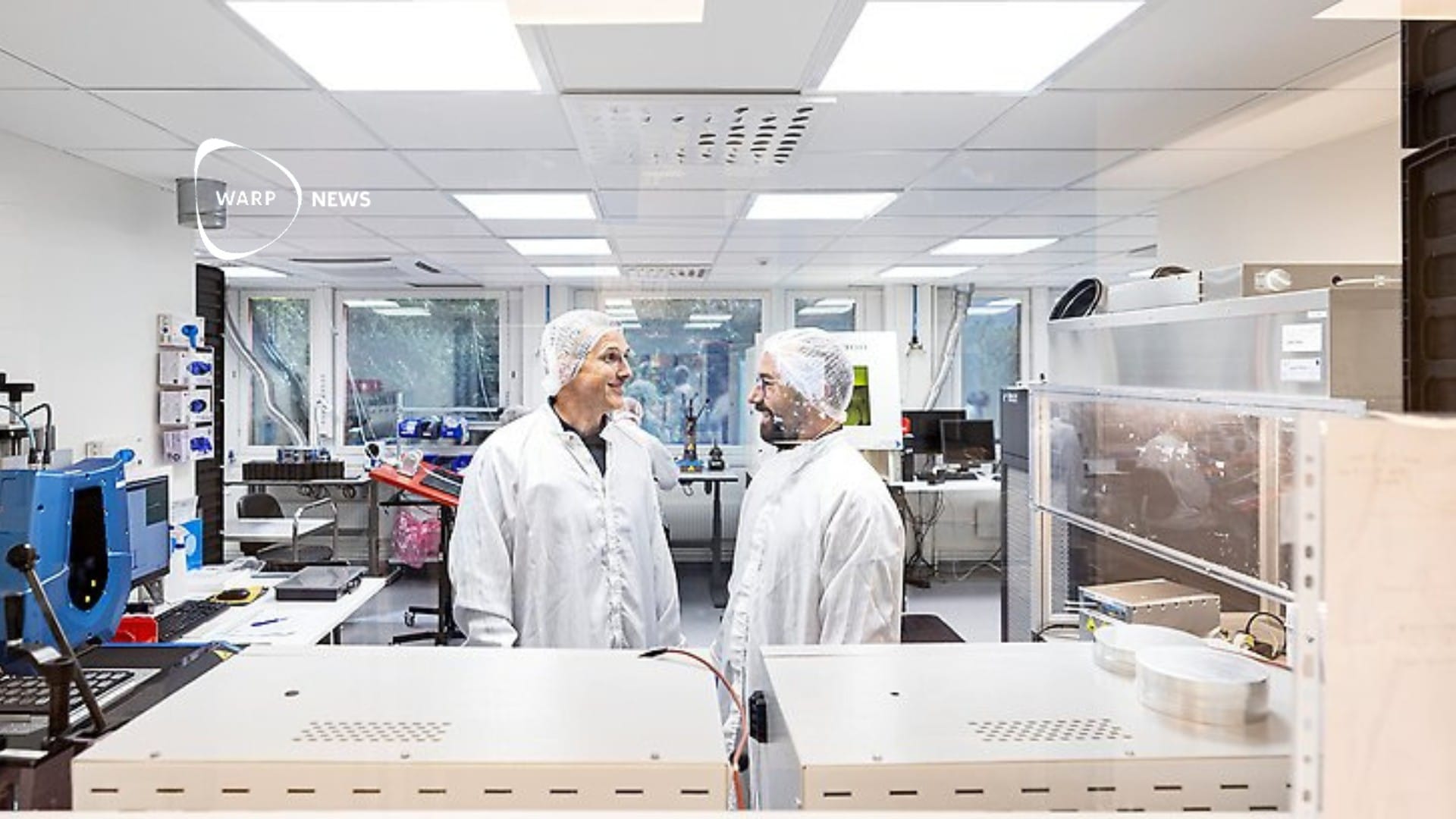
🧬 Discovery could make Crispr treatments safer
By inhibiting a protein, it is possible to reduce the risk of cancer with Crispr treatments.
Share this story!
The Crispr gene scissors can give us completely new opportunities to treat diseases in the future. But there are some issues that need to be addressed before Crispr can reach its full potential. One of these problems is now closer to its solution thanks to research results from Karolinska Institutet.
The problem is that Crispr causes some cell damage when the genes are edited. This is how it works, but when a cell is damaged, the p53 protein is activated, which acts as the cell's "first aid" in the event of damage to DNA.
This can cause the cell to end up short on p53, which in turn could lead to cells growing uncontrollably and being transformed into cancer cells. In more than half of all cancer tumors, the gene for p53 is also mutated and does not protect against uncontrolled cell division.
Researchers have now shown that cells with inactivating mutations in the p53 gene gain a survival advantage when exposed to CRISPR and can thus accumulate in a mixed cell population. It turns out that short-term inhibition of p53 can prevent the enrichment of such cells as well.
"It may seem contradictory to inhibit p53 in a Crispr context. However, there is literature to support that it can make Crispr more effective. In our study, we show that this can also counteract the enrichment of cells with mutations in p53 and linked genes", says the study's lead author Long Jiang, doctoral student at the Department of Medicine at Karolinska Institutet, in a press release.
The discovery could also make it possible to identify a network of possible mutated genes that need to be closely monitored while using Crispr.
Researchers will now move on to learn more about the mechanism behind how p53 affects Crispr treatments.
"In cell cultures, we see a rapid and strong enrichment of cells with mutations in p53 when we expose the cells to Crispr. However, this is provided that cells with mutations are there from the beginning. We can thus show that the mechanism exists and factors that affect it, but do not currently know to what level this is a real problem and we want to explore this further in more clinical trials", says Fredrik Wermeling, researcher at the Department of Medicine at Karolinska Institutet.
By becoming a premium supporter, you help in the creation and sharing of fact-based optimistic news all over the world.


